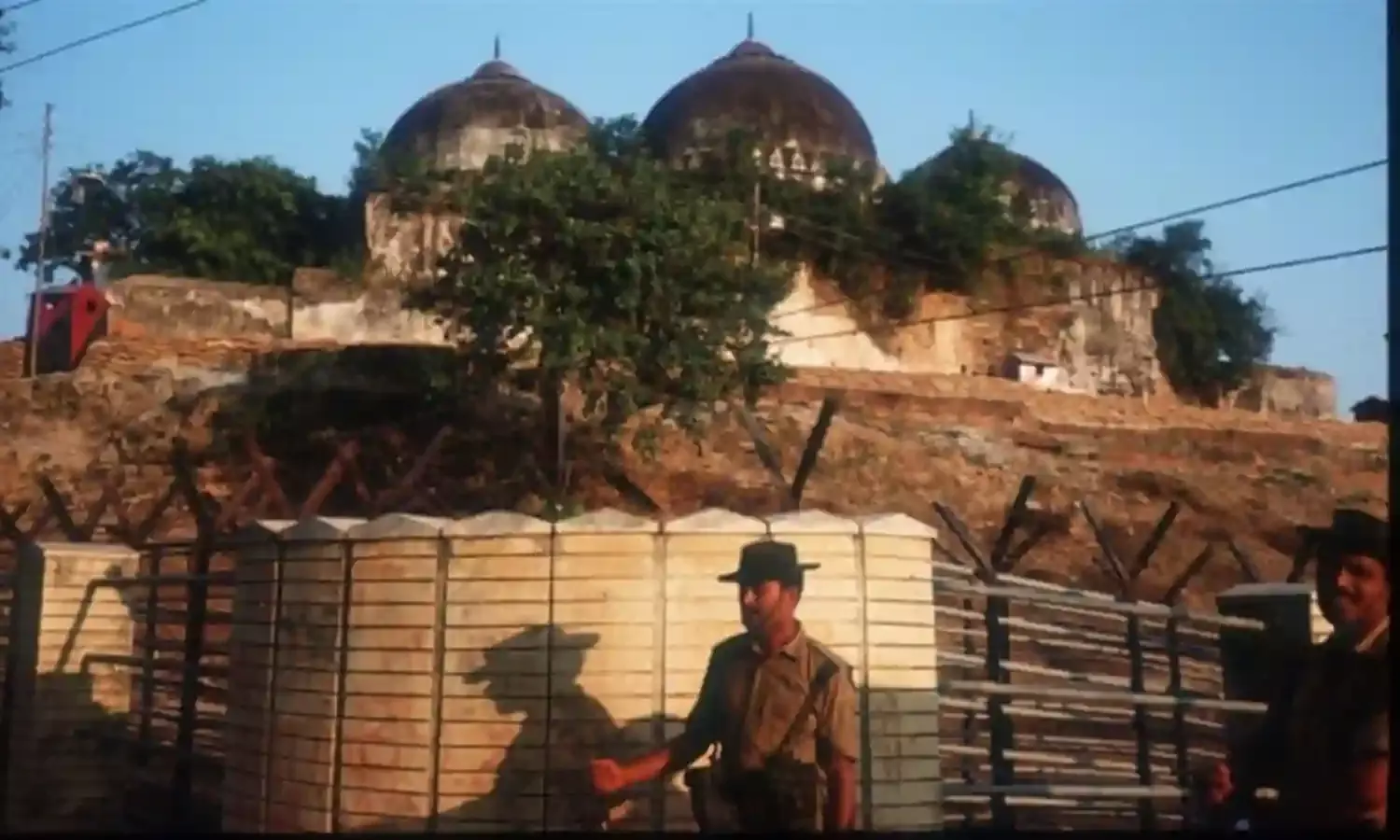'Wrong to say Muslims don't need a mosque to pray': Counsel Dhavan Argues for Larger Bench
Babri masjid-Ram Janambhoomi dispute before Supreme Court

NEW DELHI: The Babri Masjid-Ram Janambhoomi dispute is being heard in the Supreme Court again today, with senior advocate Rajeev Dhavan representing the original plaintiff M.Siddiq who has since died but been replaced by his legal heir, arguing for a larger, than the present three member Bench.
Dhavan has been forcefulling arguing for this since the Court started hearing the controversial dispute, and as he told The Citizen he was responding to the apex court observation in the Ismail Faruqui case that Muslims did not need a mosque to pray. He said that if this ruling stands, then it would be “fatal” to the Muslim arguments in the mosque-temple case.
“It is this fallacious declaration that requires to be revisited by the Supreme Court. I find it objectionable that the SC said Muslims can pray anywhere. The judgment also took into account only the Hindus’ right to pray at a makeshift temple completely ignoring the rights of Muslims to pray. Moreover, there are two non-compoundable illegalities that stare at the court in this case,” Dhavan was quoted in the media as arguing.
He repeated this to The Citizen, saying that there was nothing in the Hadith and the Quran to prove that Muslims did not need a mosque, in fact quite the contrary. He said in his view it was a “very demeaning comment” and the court had “got it completely wrong.”
Dhavan has been contending that the , “the locks of the gate were illegally opened in 1986 after idols were placed inside after criminally trespassing into the mosque. Then, the mosque was illegally demolished and the right of Muslims to pray there was taken away illegally.”
Dhavan invoked Article 25 of the Constitution of India saying that every mosque was essential to the right of worship so guarnateed. He said that all religious places have to be treated with reverence, with his argument maintaining, “Is Babri Masjid not to be treated with reverence? Is a Muslim’s right to worship not to be treated with reverence? Muslims do not have to prove that Babri Masjid was a super duper mosque. It is as important as the other one lakh mosques in India.”
Currently a 3 member Bench of the Supreme Court led by the Chief Justice Dipak Mishra is hearing the case. The other two Judges are Ashok Bhushan and Abdul Nazeer. Dhavan said he will be continuing the argument for a larger bench to hear the case.“A mosque is forever and just because it has been destroyed it does not lose its significance”, he said.
The senior advocate argued that the 2010 Allahabad High court verdict that allowed a three way division of the disputed 2.77 acres was under the shadow of the Faruqui verdict. And as he told The Citizen, he was referring to the part of the verdict that ruled that a mosque, temple or any place of worship could be acquired in the national interest. And asked, “What was the larger national purpose in acquiring the 2.77 acre dispute area?”
“There is a fear in the Muslim community that what happened to Babri can happen elsewhere too”, Dhavan reiterated.
The Supreme Court is hearing 13 appeals filed against the 2010 judgement of the Allahabad High Court. It had earlier dismissed 32 intervention petitions, including applications by 32 citizens including Shyam Benegal, Aparna Sen, Anil Dharker, Teesta Setalvad seeking to strike a secular note and urge the court to examine the possibility of using the disputed land for secular purposes. The SC has made it very clear that it will be considering the case as a “land dispute”.



